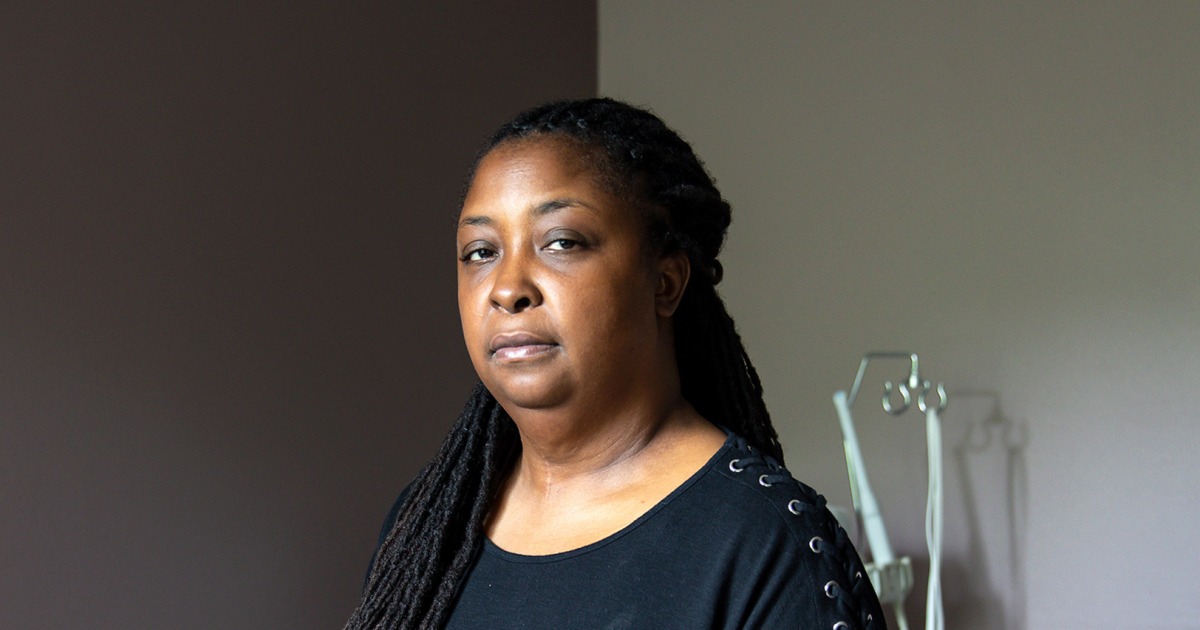
Abortion providers in the South aren’t the only ones preparing for a post-Roe world. Dr. Katherine Brown, who is based in San Francisco, said that patients have started coming from farther and farther away as abortion rights became imperiled. She said she hopes she and her fellow providers are able to meet the needs of these patients, and anticipates that many won’t have the resources to travel far for care.
Abortion rights are protected in California, but Brown said she worries for providers in states with bans or severe restrictions.
“I understand that people are really stuck,” said Brown, who works with both the Women’s Options Center and the University of California, San Francisco’s Center for Pregnancy Options. “Just as patients who are people of color are more likely to be prosecuted or their pregnancies more likely to be criminalized, a lot of us worry that abortion providers of color are also more likely to be criminalized as well,” she added.
As a doctor and researcher, Brown has studied the importance of Black abortion providers. In a series of interviews with 23 Black women who have had abortions, Brown explored their experience and desires for abortion care. One woman highlighted the support of a Black doctor.
“She helped me through this decision,” the unidentified woman said of her doctor. “She sat with me. She listened to me. I cried, she held, I mean, she physically held me. She never inserted her opinion. Even though I wouldn’t have minded if she did, she didn’t. She just listened and listened. I think they should clone her.”
The impact of Black providers isn’t lost on Williams in Alabama. Williams said she became an abortion provider and studied “birth work” to serve Black people and noted that, during medical school, a lot of Black people and people of color were largely being serviced by white men. “I’ve come to realize that there is something powerful about having a provider who looks like you,” she said.
Although the Huntsville center handles patients from “all walks of life,” Williams said a majority are Black or Latino. She said she and her fellow providers perform procedures three days a week and are often met by protesters outside the clinic. Now, the protesters have cause for celebration as the center will no longer offer abortion services.
As for Williams, when asked whether she will begin traveling again to provide abortion care, she said the answer is not simple.
“I’ve done travel work before. But my husband’s family is from Alabama, our child is here. Travel work is not easy work.” she said. “In the same way it’s unrealistic to expect that all of those people will get their health care elsewhere, it’s also unrealistic to think that all the abortion providers in the country are going to start doing travel work. Travel work is not the answer necessarily, and it’s not easy. It’s hard. And I’d be giving up time with my community. So it’s not a black-and-white issue.”
Source: | This article originally belongs to Nbcnews.com










